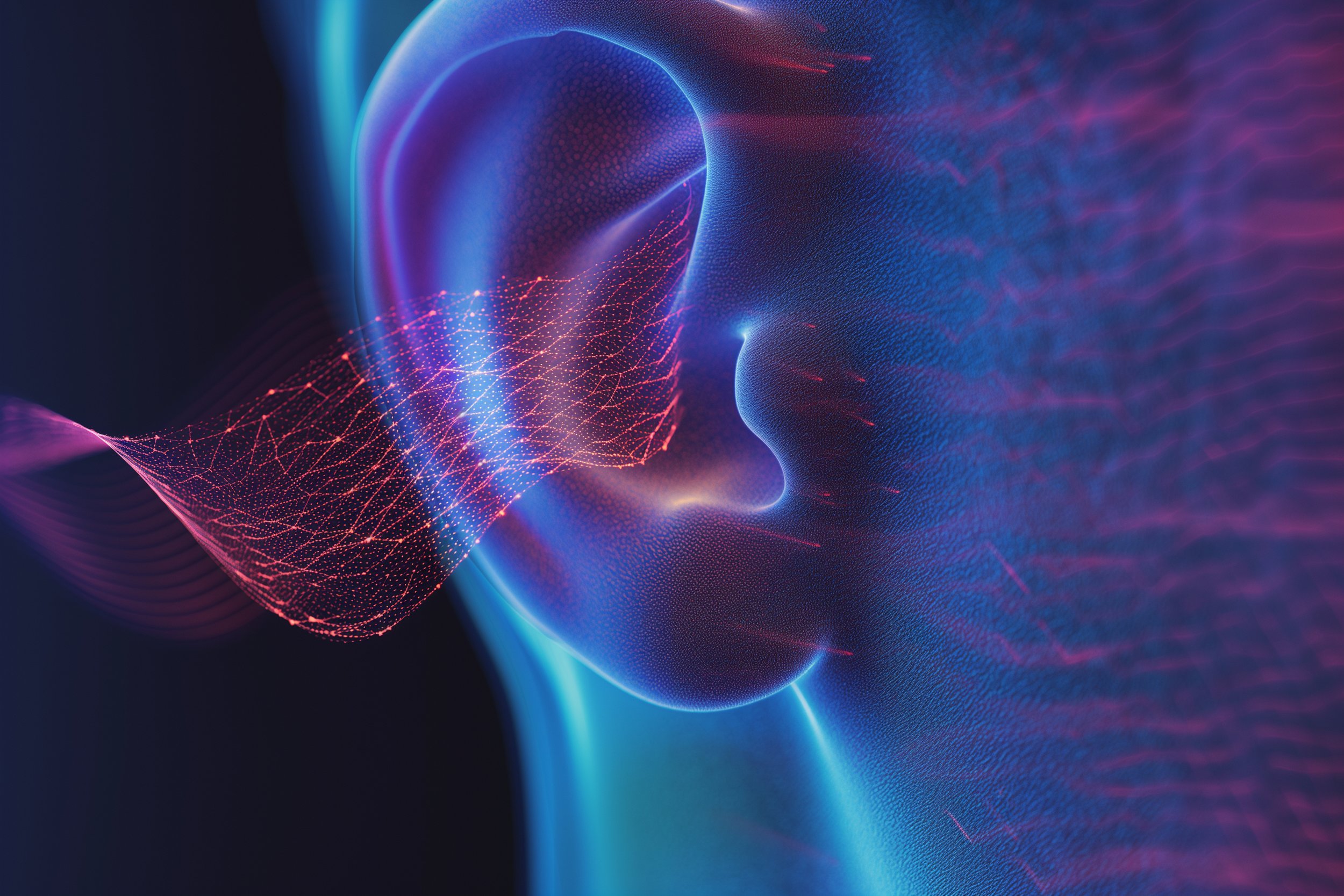BrightBeatz
Auditory Integration Training (AIT)
BrightBeatz is a therapeutic music programme designed to retrain how we listen. It can enhance attention, reduces sensory sensitivities, and supports language development through specially modified music and sound frequencies.
Takes approximately 5-10 minutes to completeWhat is Auditory Integration Training?
Auditory Integration Training (AIT) is based on the understanding that how we process sound directly affects our ability to learn, communicate, and regulate our emotions. Many neurodevelopmental conditions involve difficulties with auditory processing.
BrightBeatz uses specially filtered and modulated music delivered through high-quality headphones. The programme trains the auditory system to process sounds more efficiently, which has wide-ranging effects on attention, language, and behaviour.
The therapy is entirely passive - the listener simply needs to wear headphones while the specially modified audio does the work.
How BrightBeatz Can Support You
ADHD
Can improve auditory attention and reduces distractibility through sound-based training.
Dyslexia
Enhances phonological awareness and auditory discrimination for better reading.
Autism/ASD
Reduces sound sensitivities and supports language processing and communication.
Dyscalculia
Improves sequencing and pattern recognition through auditory training.
Dyspraxia
Supports vestibular function and rhythm processing for better coordination.
Mental Health
Calms the nervous system and reduces anxiety through therapeutic sound.
Benefits of BrightBeatz
✅ Passive listening therapy - no effort required
✅ Emerging technology
✅ Non-invasive and drug-free
✅ Suitable for all ages
✅ Can shows rapid improvements
Ready to unlock your potential?
This free questionnaire takes around 5–10 minutes to complete and helps us understand your needs, allowing us to tailor your Key Clinic journey from the very start.

